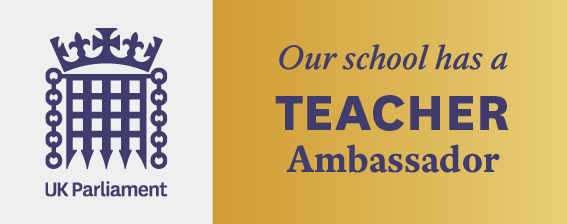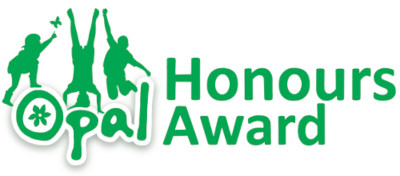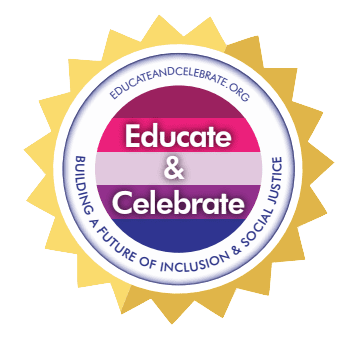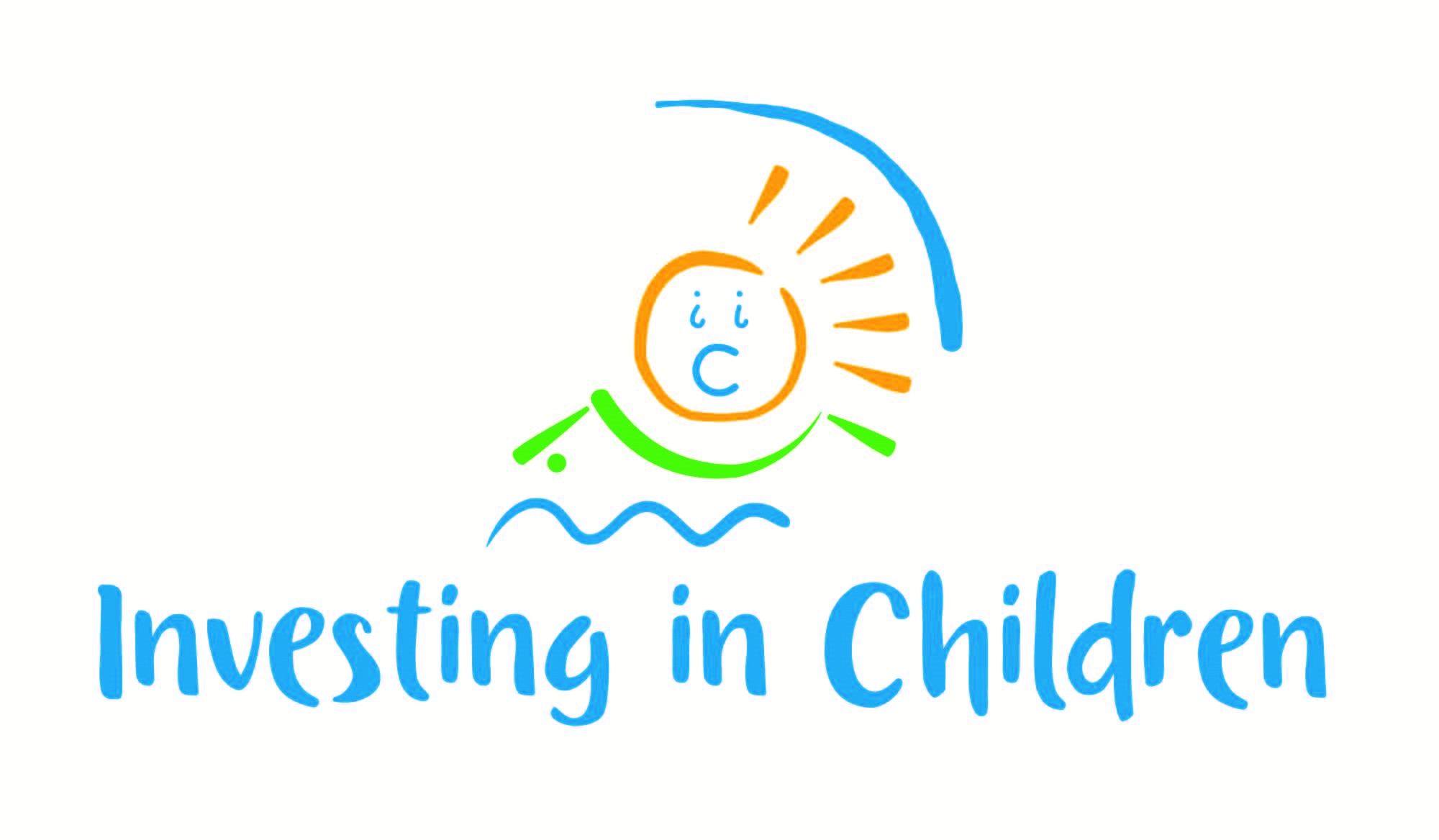Religious Education at Esh Winning Primary School; ensures that every child has the ability to explore their own faith and to respect other world religions within a supportive and non-judgmental environment. We encourage children to develop their own sense of belief, we support their enquiring minds to learn make connections between religions and the impact that they have upon themselves. Children are encouraged to ask questions about the ‘big things’ in their own lives and those of others. They reflect on how this impacts on them as a person, accepting differences and similarities, helping them to grow as an individual but also a member of our school and world community. Children develop their wisdom through a range of creative teaching styles and real-life experiences, the children’s interests are at the heart of all that we do.
Learning in R.E. is categorised into three elements: Knowledge and Understanding, Critical Thinking and Personal Reflection. The elements are interlinked and enable children to build their religious literacy. Children develop knowledge and understanding of a range of worldviews, enabling pupils to appreciate that they are complex, diverse and plural and have influence on individuals, communities, societies and cultures. They learn to interpret, analyse, evaluate and critically respond to claims that both worldviews make. Personal reflection encourages children to examine their own beliefs (whether they are religious or not), ideas, feelings, experiences and values in light of what they learn. As well as children developing their own sense of identity and belonging, RE is vital in actively promoting mutual respect and tolerance of others’ faiths and beliefs, a fundamental British value.
The curriculum contains a strong focus on enquiry and reflective practice, caring for others and developing tolerance, acceptance, and the skills to discuss the place of religion in a multi-secular society. Those children with particular needs, including SEND, are supported appropriately allowing them to be successful.
As well as children developing their own sense of identity and belonging, RE is vital in actively promoting mutual respect and tolerance of others’ faiths and beliefs, a fundamental British value.
The R.E. curriculum aims to ensure that pupils:
- develop deepening knowledge and understanding about a range of religious and non-religious worldviews
- gain and deploy deepening understanding of specialist vocabulary and terms
- know and understand about religious diversity within the region, as well as nationally and globally
- know and understand how religion can be defined and what is meant by the term “religious and non-religious worldviews” and with increasing clarity know that these worldviews are complex, diverse and plural
- gain and deploy skills that enable critical thinking and enquiry in relation to the material they study
reflect on their own thoughts, feelings, experiences, ideas, values and beliefs with increasing discernment.
Intent Linked to our School Values
Respect: Children will learn how people from different religious and non-religious groups care for each other and the environment. The teaching of R.E. encourages pupils to develop positive attitudes to their own and others’ beliefs, ideas, experiences, feelings and values.
Resilience: In R.E., enquiry-based learning is used to help children deepen and broaden their understanding through increasingly complex enquiries. This approach actively engages pupils in their learning and develops perseverance and resilience during the process.
Happiness: Through Religious Education, we want to ensure that children are happy when learning by providing opportunities for children to listen to and then explore stories through play and drama.
Learning: At Esh Winning Primary School we are committed to ensuring that all children will have access to an exciting, appropriate and inspiring curriculum that will support their progress and achievement. Children will learn about the religious and non-religious landscape across the region.
Honesty In R.E. much of the learning is gained through investigation and discussion. Children will work together as a whole class though activities such as circle time, in small groups for investigation and drama, as well as paired work where ideas are shared and learning is consolidated through ‘partner talk’. Working well together and being honest but respectful, is a skill in which our children thrive as it is developed in all areas of the curriculum and school environment.








![Music-Mark-logo-school-right-[RGB]](https://eshwinning.durham.sch.uk/wp-content/uploads/2021/05/Music-Mark-logo-school-right-RGB-1.png)

